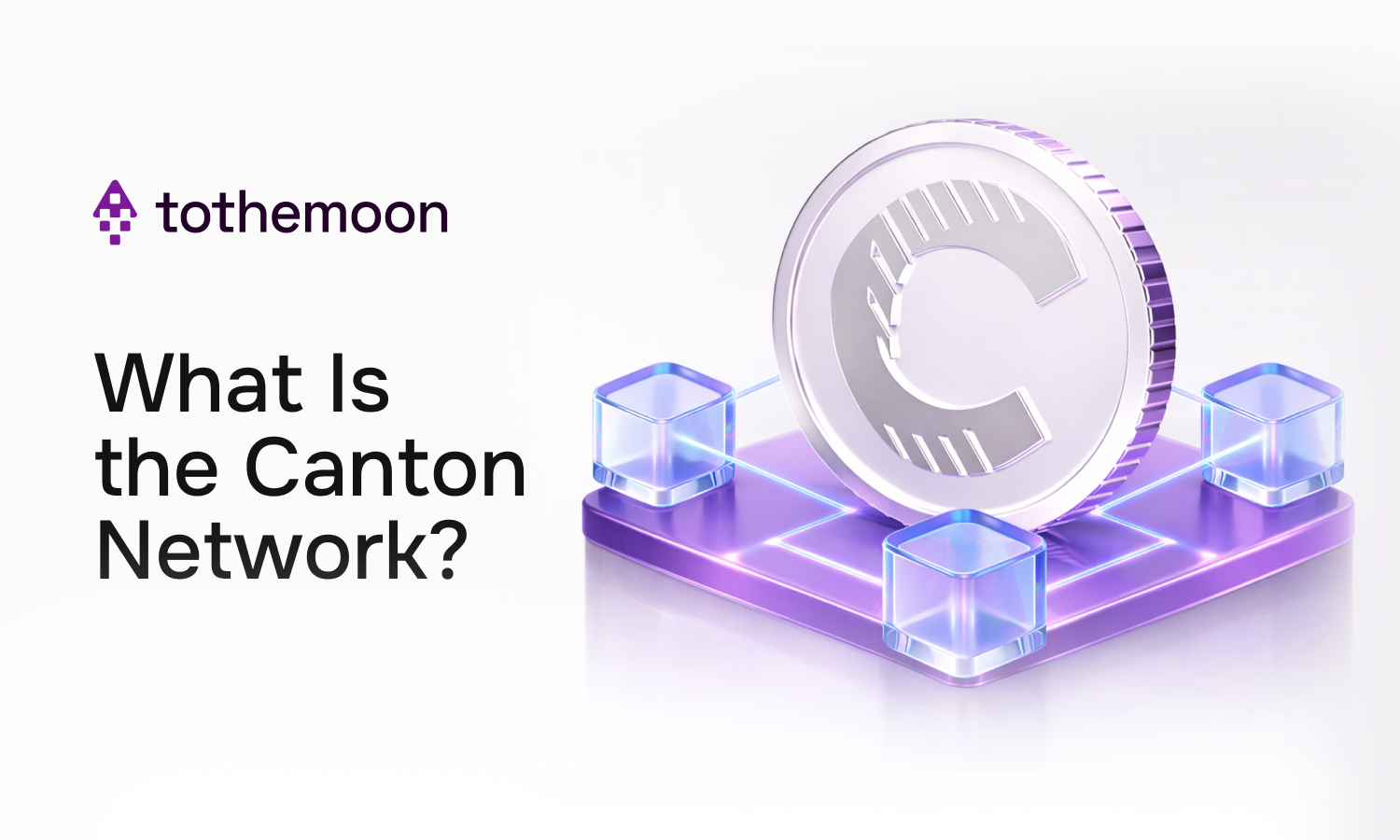.png)
Polkadot vs Chainlink: A Comparison
What is Polkadot?
Polkadot is a cutting-edge blockchain protocol connecting specialized blockchains to form a cohesive network, aiming to empower individuals and challenge internet monopolies. Its design allows independent blockchains to exchange information and transactions via the Polkadot relay chain, without the need for trust.
Polkadot's scalability and innovation enable multiple blockchains to process transactions concurrently, supporting diverse use cases from finance to gaming.
The introduction of parachains enhances security and interoperability, as specialized blockchains can integrate with Polkadot. Developers can utilize the Substrate framework to build custom blockchains on Polkadot, fostering flexibility and scalability.
Overall, Polkadot represents a foundational technology for the decentralized web, ushering in an era of interoperability, scalability, and innovation in the blockchain space.
What is Chainlink?
Chainlink is a decentralized oracle network connecting smart contracts to real-world data, essential as blockchains can't access external data.
Its oracles provide data feeds for smart contracts, enabling blockchain interaction with external sources securely and reliably. With Chainlink, fully decentralized and non-custodial services can be created, ensuring high integrity and transparency.
The technology supports diverse applications like finance, insurance, gaming, and supply chain management. Chainlink's significance lies in its role in executing blockchain contracts based on real-world data, vital for functions such as financial agreements and supply chain management.
By enabling the integration of external data onto the blockchain securely, Chainlink facilitates the development of complex, real-world applications, standing out for its flexibility, security, and ease of integration in the blockchain ecosystem.
Polkadot Use Cases
Polkadot's architecture supports various use cases, significantly enhancing blockchain interoperability and scalability.
Decentralized Finance
Decentralized finance (DeFi) applications that operate across multiple blockchains, benefiting from Polkadot's interoperability to offer users a wider range of services and better liquidity.
Interoperability Across Chain
Polkadot also enables the development of cross-chain registries and cross-chain computation.This interoperability is crucial for many sectors, including healthcare, where patient records can be securely shared across different blockchain networks.
Create New Chains
Polkadot supports the creation of new blockchains that can easily connect with existing networks, fostering innovation and allowing for the testing of new governance models, consensus mechanisms, and other blockchain innovations. This flexibility makes Polkadot a key player in the future of blockchain technology.
Chainlink Use Cases
Chainlink's decentralized oracle network enables many use cases across various industries by facilitating secure and reliable access to external data for smart contracts. In the financial sector,
Real-Time Data
Chainlink can provide accurate and real-time price feeds for cryptocurrencies, stocks, and commodities, enabling the development of complex financial products on blockchain platforms, such as stablecoins, synthetic assets, and decentralized exchanges.
Gaming and Entertainment
Additionally, Chainlink is instrumental in decentralized gaming, where it can supply verifiable randomness for fair gameplay and dynamic NFT attributes based on external data.
Differences between Polkadot and Chainlink
While Polkadot and Chainlink are pivotal in the blockchain ecosystem, they cater to distinct functionalities and goals:
Purpose and Core Functionality:
- Polkadot enhances blockchain interoperability and scalability, allowing multiple blockchains to connect and communicate within a unified network.
- Chainlink, in contrast, operates as a decentralized oracle network. It focuses on bridging the gap between smart contracts and real-world data. Chainlink enables smart contracts on every blockchain to securely interact with external data feeds, events, and payment methods.
Technical Infrastructure:
- Polkadot utilizes a novel consensus mechanism and a network of parachains connected to a central relay chain, enabling diverse blockchains to operate under a unified security model while preserving their unique functionalities.
- Chainlink is dependent on a network of decentralized oracles to validate and relay information, ensuring that data fed into smart contracts is accurate and tamper-proof.
Community and Ecosystem:
- Polkadot fosters an ecosystem of blockchains that can innovate independently yet interact seamlessly, encouraging diverse projects and governance models.
- Chainlink supports a broad spectrum of blockchains by providing essential data feeds and off-chain information, focusing on enhancing the functionality and reliability of smart contracts across the blockchain space.
These differences underline Polkadot's and Chainlink unique contributions to the blockchain, with Polkadot focusing on network connectivity and scalability and Chainlink focusing on secure and reliable data communication between blockchains and the external world.
To learn more about blockchain and crypto visit the Cryptology Academy today!


.svg)





.svg)
.svg)
.svg)
.png)

.png)
.png)